
This Bite of Finance newsletter highlights recent ground-breaking research by Wharton’s finance faculty and papers supported by Finance at Wharton. In this July 2024 issue: intermediary elasticity; the impact of perceived environmental health risk on property values and neighborhood composition; how households are exposed to interest rate risk; factors that determine fund managers’ compensation; and improving anti-money laundering measures.
Do you want Wharton’s most recent finance research delivered to your inbox? Sign up to receive the Bite of Finance newsletter here.
Measuring Intermediaries’ Risk-Bearing Capacity
Paper: Intermediary Elasticity
Authors:
Amy Wang Huber, The Wharton School
Yu An, Johns Hopkins Carey Business School
Supported by the Jacobs Levy Center
More from the author:
“We measure how FX trading affects exchange rates because trading alters the risks that financial intermediaries have to bear, and we find that many other assets are affected by these FX-trading-induced risks.”
– Professor Amy Wang Huber
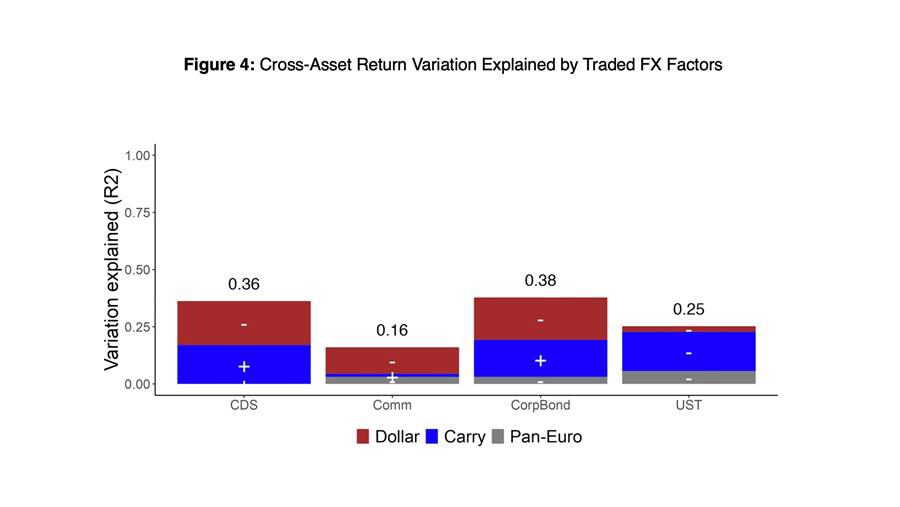
How Households are Exposed to Interest Rate Risk
Paper: Interest-rate risk and household portfolios
Authors:
Sylvain Catherine, The Wharton School
James D. Paron, The Wharton School
Max Miller, Harvard Business School
Natasha Sarin, Yale Law School
Supported by the Jacobs Levy Center
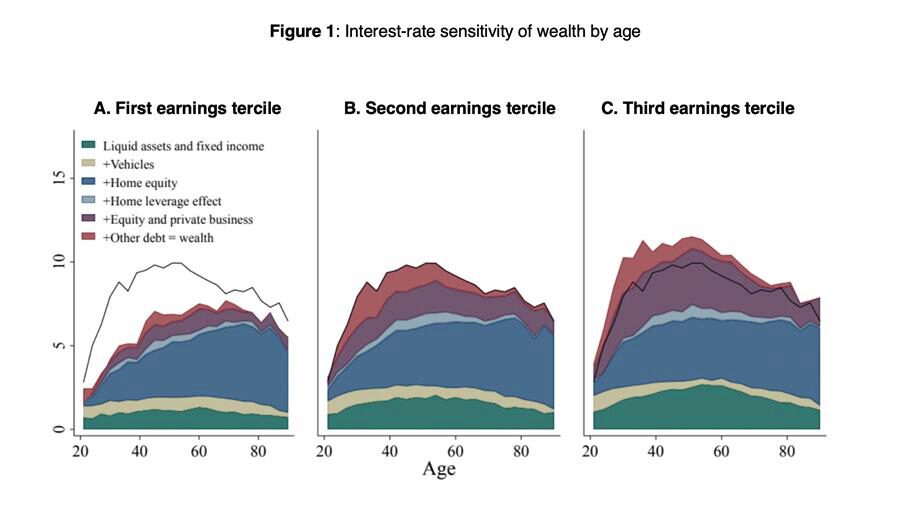
What Determines Fund Managers’ Compensation
Paper: Fund Flows and Income Risk of Fund Managers
Authors:
Winston Wei Dou, The Wharton School; National Bureau of Economic Research (NBER)
Xiao Cen, Mays Business School, Texas A&M University
Leonid Kogan, MIT loan School of Management; National Bureau of Economic Research (NBER)
Wei Wu, Mays Business School, Texas A&M University
Supported by the Jacobs Levy Center
More from the author:
“Managers’ compensation is primarily tied to their funds’ AUM, with strong investment returns increasing pay mainly by boosting AUM and also contributing to bonuses.”
– Professor Winston Wei Dou
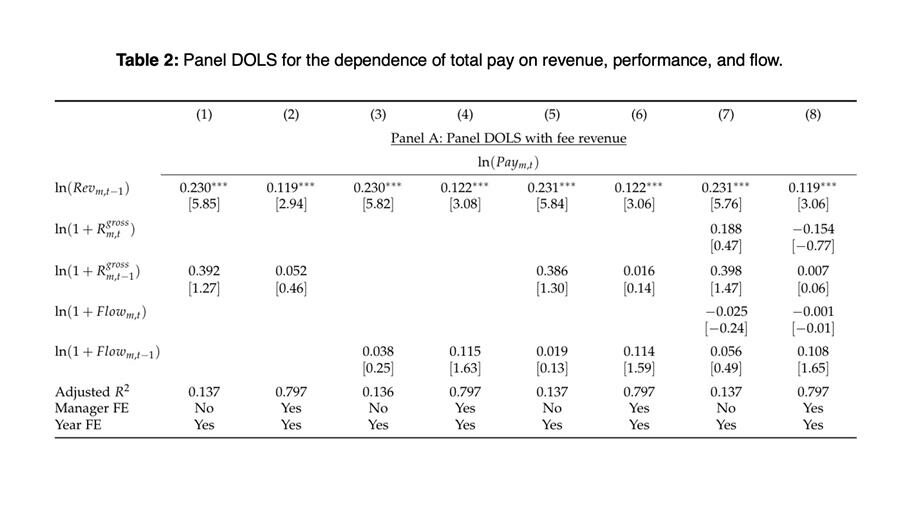
The Impact of Perceived Environmental Health Risk on Property Values and Neighborhood Composition
Paper: Environmental health risks, property values and neighborhood composition
Authors:
Jules H. van Binsbergen, The Wharton School
Joao F. Cocco, London Business School; Centre for Economic Policy Research (CEPR)
Marco Grotteria, London Business School; Centre for Economic Policy Research (CEPR)
S Lakshmi Naaraayanan, London Business School
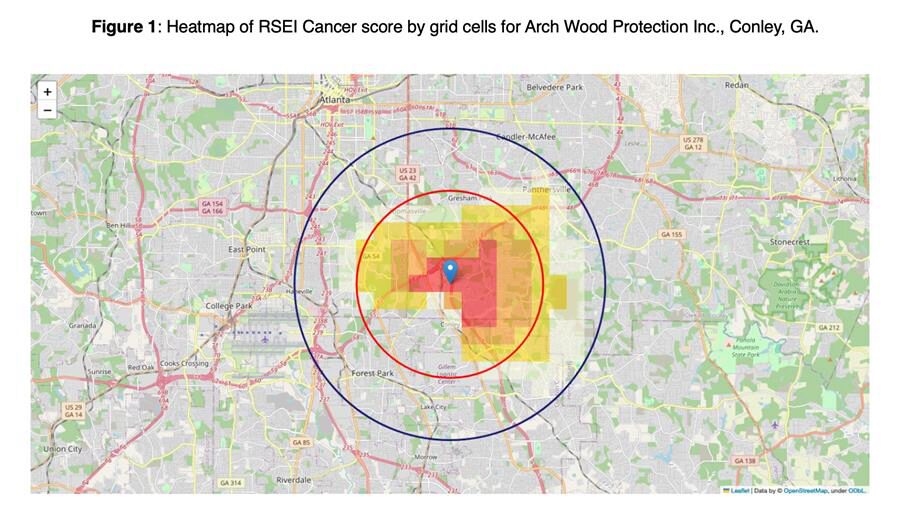
Anti-Money Laundering Improvements
Paper: Anti-Money Laundering: Opportunities for Improvement
Authors:
Kathryn Judge, Columbia University Law School
Anil K Kashyap, University of Chicago Booth School of Business
Supported by the Wharton Initiative on Financial Policy and Regulation (WIFPR)
More from WIFPR:
“In ‘Anti-Money Laundering: Opportunities for Improvement,’ Kathryn Judge and Anil K. Kashyap discuss the history of the U.S. anti-money laundering regime, its effectiveness, and principles for improving it.”
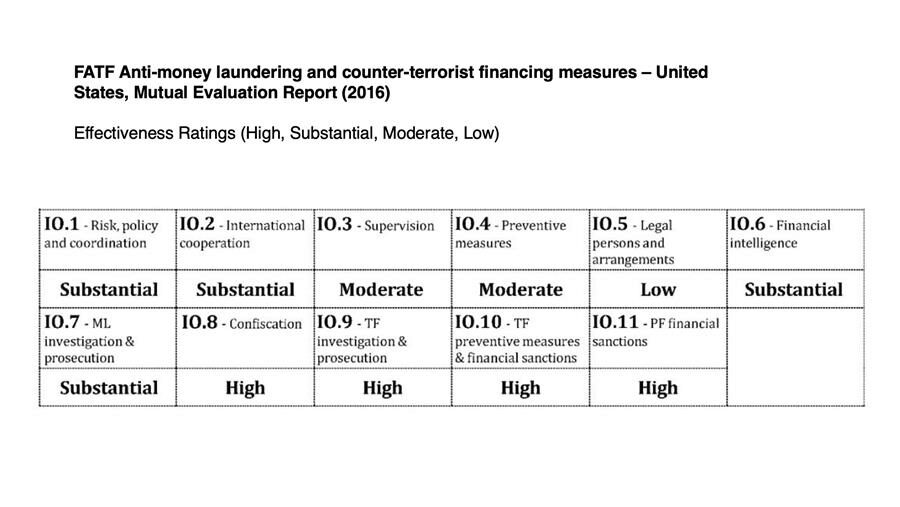
View more posts on the Discoveries blog.
View recent research on the Jacobs Levy Center’s SSRN page or on WIFPR White Papers.


